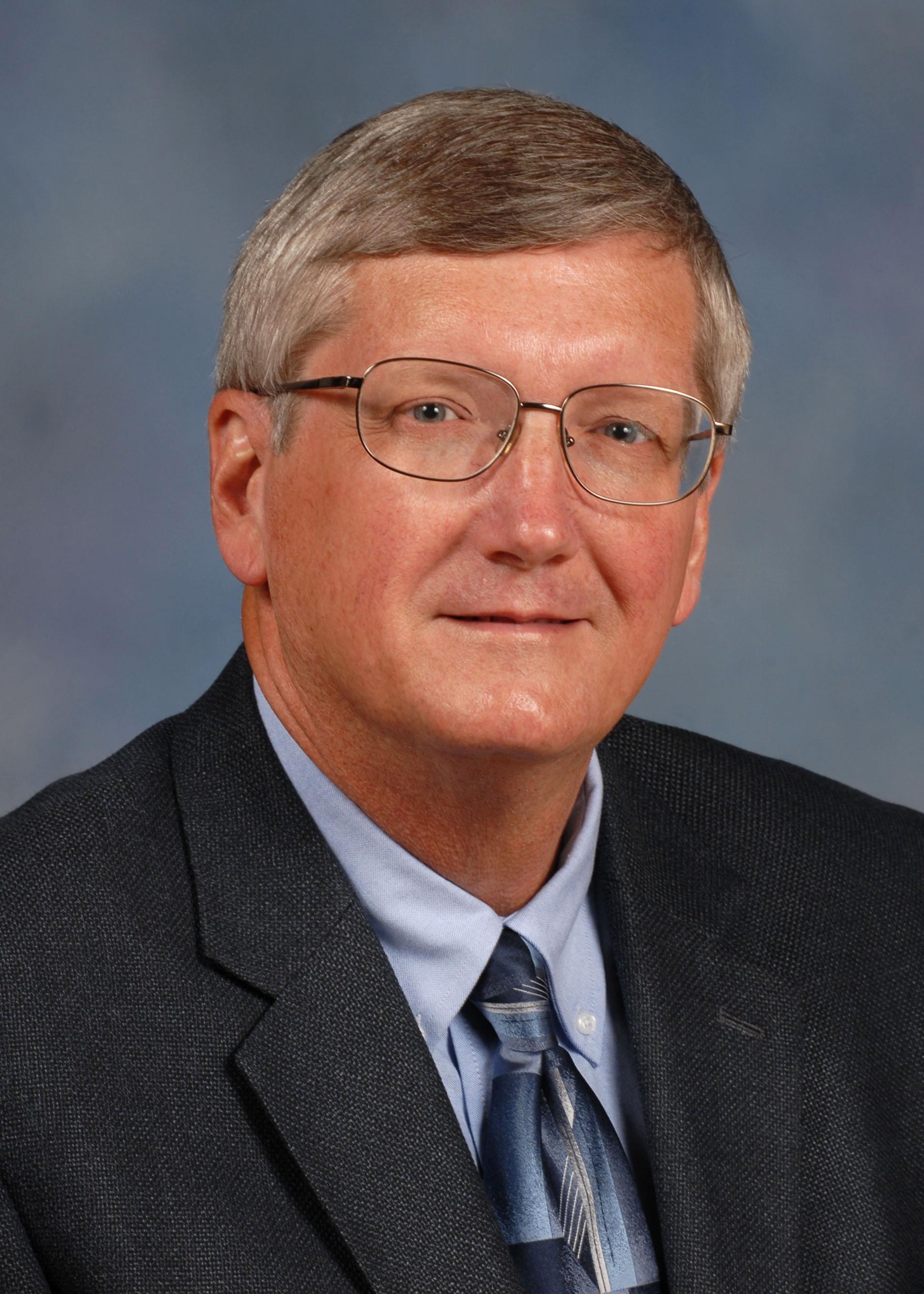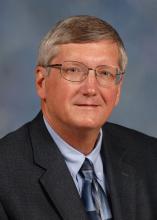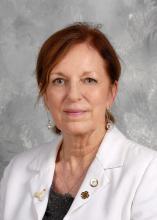Information Possibly Outdated
The information presented on this page was originally released on December 9, 2015. It may not be outdated, but please search our site for more current information. If you plan to quote or reference this information in a publication, please check with the Extension specialist or author before proceeding.
Class enhances MSU leaders’ skills, impacts food systems
STARKVILLE, Miss. -- Two Mississippi State University faculty members are participating in an executive leadership program to gain enhanced management skills and a broader perspective on food systems.
Mike Phillips, head of the Department of Plant and Soil Sciences, and Mary Beck, head of the Department of Poultry Sciences, began the Food Systems Leadership Institute program in the fall of 2015.
The two-year program, which is offered to members of academia, industry and government, helps participants to build networks of constituents and to develop enhanced skills to lead their institutions in addressing food system issues, challenges and opportunities.
“It is an honor to be one of the 28 members of this program,” Phillips said. “The opportunity to network with and learn from people involved in all realms of agriculture is such a rewarding and valuable experience for me as we face the many challenges in feeding a rapidly growing global population.”
The food system encompasses all aspects of production, distribution and consumption, including governance, economics, food waste, nutrition and sustainability.
“I am pleased and honored to have the support of the College of Agriculture and Life Sciences to participate in this program,” Beck said. “As we work toward sustainable food production systems for the future, it will require the collective wisdom of many to find solutions. The networks established by this program will do much to address the challenges we face.”
During the first year, participants work with a mentor to evaluate their personal leadership style and to develop a personal leadership growth plan. They attend three weeklong, intensive residential training sessions and interactive distance learning sessions.
During the second year, scholars implement what they have learned through the development and execution of an individual leadership project linked to their careers and ambitions.
Phillips is developing the precision agriculture certificate program for MSU graduates during the second part of the program.
“Production agriculture is rapidly evolving, and we are challenged every day to give graduates hands-on experience in the application of the field,” Phillips said. “My goal with this program is to integrate precision agriculture technologies in the laboratory and in the field to enhance our graduates’ skill sets before they enter the job market.”
Beck works closely with the poultry industry in Mississippi and will be addressing questions of global food supply as part of this program.
“It is essential to develop a better understanding of the ways in which universities can lead the way, in collaboration with government and industry, to ensure sustainable food production globally over the next several decades,” Beck said.
Funded by the W.K. Kellogg Foundation, the institute is a program of the Association of Public and Land Grant Universities. North Carolina State University, The Ohio State University and California Polytechnic State University, San Luis Obispo serve as residential training sites.




